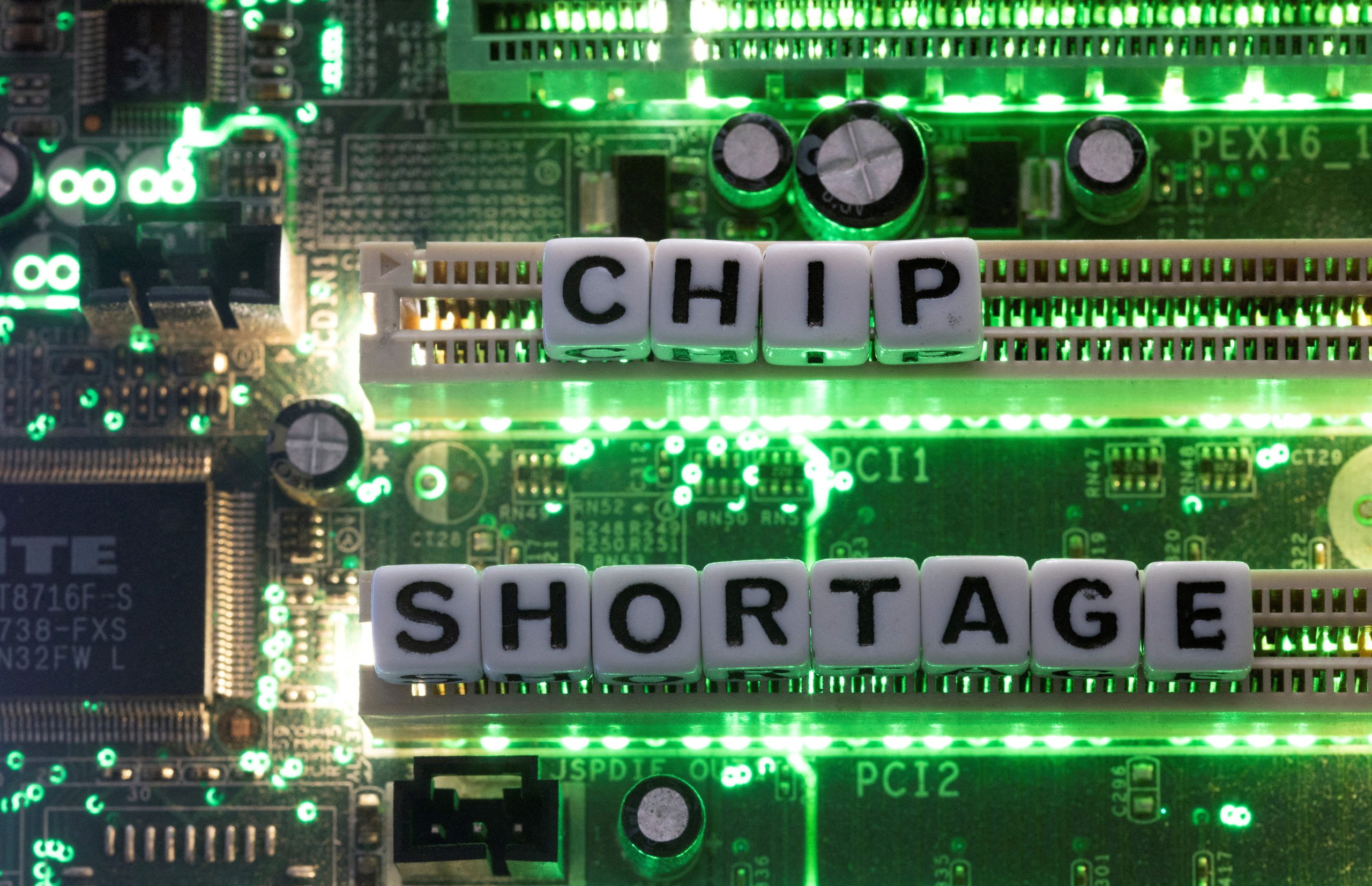
[elfsight_social_share_buttons id=”1″]
The House of Representatives is set to pass sweeping legislation on Thursday to subsidize the domestic semiconductor industry that is attempting to compete with China and other foreign manufacturers, despite a late decision by some Republicans to pull their support.
The Senate passed the “Chips and Science” act with bipartisan support on Wednesday, after more than a year of effort.
A rare major foray into U.S. industrial policy, the bill provides about $52 billion in government subsidies for U.S. semiconductor production and an investment tax credit for chip plants estimated to be worth $24 billion.
The legislation would also authorize $200 billion over 10 years to boost U.S. scientific research to better compete with China. Congress would still need to pass separate appropriations legislation in order to fund those investments.
Approval by the Democrat-controlled House, expected later on Thursday, would send the measure to the White House, where President Joe Biden has said he will sign it into law.
Some lawmakers said they normally would not support hefty subsidies for private businesses but noted that China and the European Union have been awarding billions in incentives to competitors. They also cited national security risks and huge global supply chain problems in the semiconductor market that have nearly crippled the production of many products, including cars, weapons, and video games.
The bill had been expected to easily pass the House with support from both Democrats and Republicans. Competition with China can provide one of the few policy areas of agreement between the deeply divided parties.
However, Republican party leaders told members to vote against the bill after the announcement on Wednesday of an agreement between Senate Democratic leader Chuck Schumer and Democratic Senator Joe Manchin that could pave the way for Senate passage of massive spending legislation that would increase corporate taxes and invest hundreds of billions of dollars in energy technologies, climate change initiatives, and the Affordable Care Act.
Copyright 2022 Thomson/Reuters
